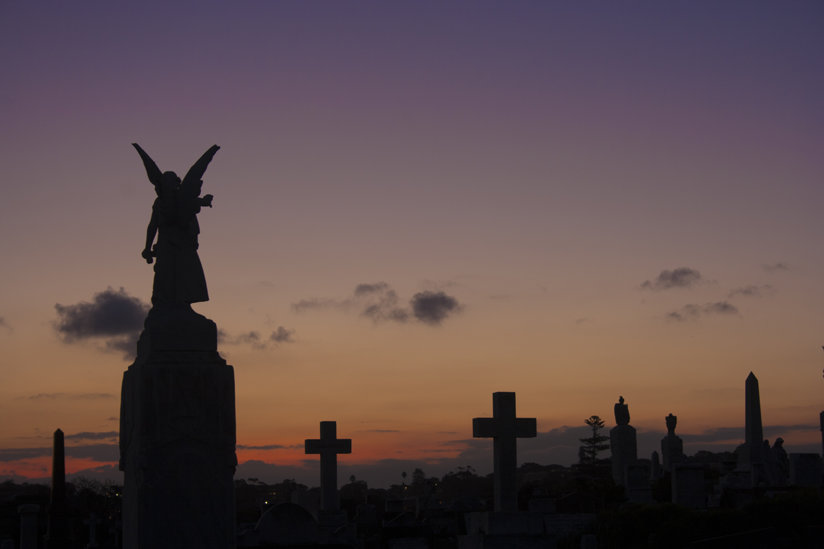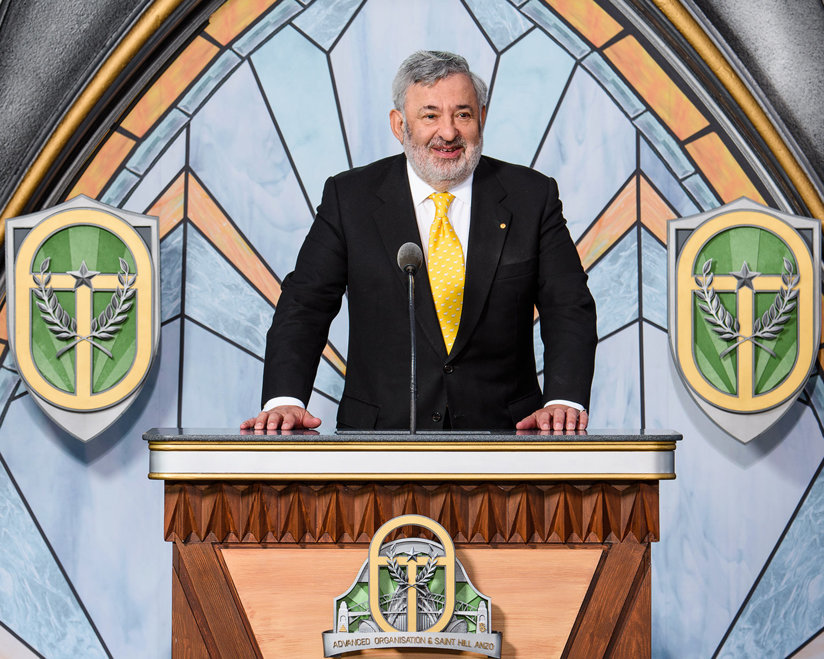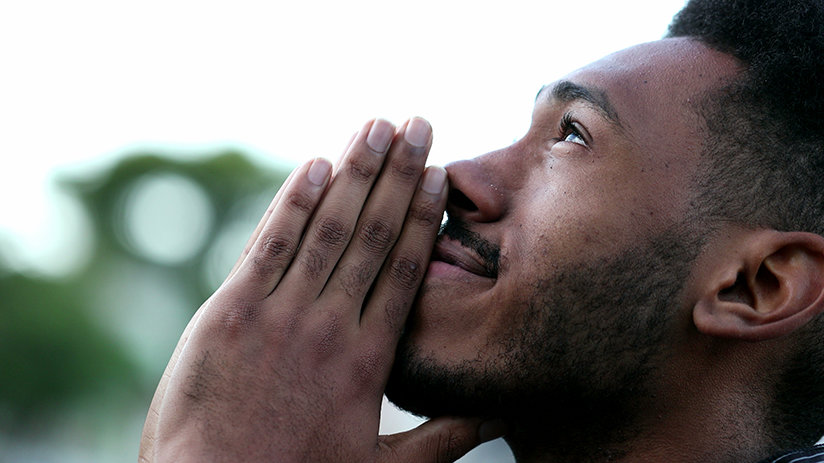
-
HOME
-
WHAT IS STANDOur Mission Our Values Our Help Contact
-
WHAT WE FIGHT FORReligious Freedom Religious Literacy Equality & Human Rights Inclusion & Respect Free Speech Responsible Journalism Corporate Accountability
-
RESOURCESExpert Studies Landmark Decisions White Papers FAQs David Miscavige Religious Freedom Resource Center Freedom of Religion & Human Rights Topic Index Priest-Penitent Privilege Islamophobia
-
HATE MONITORBiased Media Propagandists Hatemongers False Experts Hate Monitor Blog
-
NEWSROOMNews Media Watch Videos Blog
-
TAKE ACTIONCombat Hate & Discrimination Champion Freedom of Religion Demand Accountability
Religious Freedom in Australia: The Vestiges of Intolerance Resurface
Religious intolerance is an old story in humanity, nearly as old as religion itself. But tolerance is old too: Cyrus the Great, one of the founders of the Persian Empire back in 500 BC, built his empire on religious tolerance.
The Founding Fathers of the United States admired him and followed his example by guaranteeing the American people religious liberty free from government interference. It didn’t eliminate religious bigotry, but it set legal and cultural boundaries to wall off intolerance.

Fast forward a few centuries and the United Nations was built at the end of a world war in which some 85 million people—or 3 percent of the world’s population—died. The UN, it was hoped, would help resolve international conflicts and prevent another such horror. Then in 1948, in keeping with that trust, the Universal Declaration of Human Rights was written and signed by member nations.
Among the Declaration’s 30 enduring articles, number 18 states: “Everyone has the right to freedom of thought, conscience and religion; this right includes freedom to change his religion or belief, and freedom, either alone or in community with others and in public or private, to manifest his religion or belief in teaching, practice, worship and observance.”
Bennett called the decision “a dramatic and revolutionary court victory in the name of religious freedom.”
Australia figured prominently in the Declaration. It was a founding member of the UN, and was one of eight nations that drafted the document. William Hodgson was Australia’s representative on the drafting committee which was led by Eleanor Roosevelt. Dr. Herbert Vere Evatt, head of Australia’s delegation to the UN at the time, became president of the UN General Assembly in 1948 and oversaw adoption of the Declaration.
Australia was also the site of a historic legal case that resolved longstanding disputes about what constitutes a religion. In 1983, the Australian High Court ruled Scientology a bona fide religion in a decision which set the standard for the definition of religion and religious charities in Australia, New Zealand and throughout the Commonwealth of Nations.

Discussing the case, former Solicitor-General of Australia Dr. David Bennett joked that the Supreme Court of the United Kingdom followed the Australian decision in preference to its own, which is very rare. Bennett called the decision “a dramatic and revolutionary court victory in the name of religious freedom.”
But Australia appears to still be wrestling with religious freedom and the vestiges of intolerance are resurfacing. A new book by Jonathan Fox, Thou Shalt Have No Other Gods Before Me, indicts Western democracies, including Australia, for engaging in government-based religious discrimination. Fox writes that of 183 countries studied from 1990 to 2014, there was a 25 percent increase in government discrimination against minority religions while violence increased 50 percent.
An article about the book describes how Scientologists, Jehovah’s Witnesses, Mormons, Hasidic Jews, Seventh-day Adventists and Pentecostals are facing increasing discrimination, and Western countries such as Belgium, France and Germany all have explicit “anti-cult” policies. (As followers of the above religions well know, “cult” is merely code for “religion we don’t like.”) And while many think of liberal democracies as honoring and respecting religious liberty, those democracies engage in more governmental religious discrimination than many Latin American countries, and socially based discrimination against Jews and Muslims is especially prevalent in Australia.
There is talk in Australia of a nationwide religious freedom policy, and while the Universal Declaration of Human Rights is not enforceable, Australians can look with pride at their country’s participation in its formation and adoption. But in an increasingly diverse and global culture, most countries are grappling with issues of religious and cultural difference. In a time of increasing religious intolerance, racism, xenophobia and hostility, this may be the perfect moment for our societies to remember the lessons of tolerance and respect practiced by Cyrus the Great—the lessons enshrined in the Bill of Rights, the Universal Declaration of Human Rights, and at some level, in every human heart.









